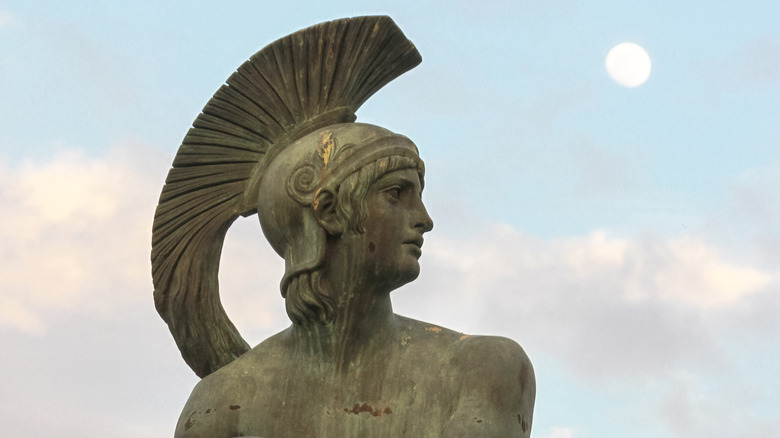How Did March Get Its Name?
Everyone knows the months of the calendar year. You likely don't even have to think about it to recite all 12 in order. When it comes to March, we can describe it in old sayings like "in like a lion, out like a lamb." But what does the month actually represent, and where did it get its name from?
Many cultures, including the United States, use a Gregorian calendar, according to Almanac, which is based on an ancient Roman calendar. Because of that connection, many of the months' names and references date back to Roman gods, goddesses, and emperors. The names are often tied to the activities the Romans took part in during that time of the year, or have a religious significance.
In the initial Roman calendar, the month of March was actually the first month of the year. At first, it was named Martius, after the Roman god of war.
Why did the Romans choose that name?
March was named after the god of war for a very simple reason. It was when the weather warmed up enough for the Romans to resume war campaigns that were cut short by harsh winters, according to Almanac. After the Romans added January and February to the calendar, it was bumped out of its spot as the start of the year. But it didn't lose its wartime connection. Romans also planned plenty of festivals for the month, as people prepared for a return to battle. The month still marks the start of a new year in India and some other cultures, according to Time and Date.
Despite the connection to wars and campaigning, March's name likely doesn't have anything to do with "marching into battle." The verb "march" comes from words in Old French and ancient Germanic languages, according to Dictionary, and is not connected to the Roman words that gave the month its name.

